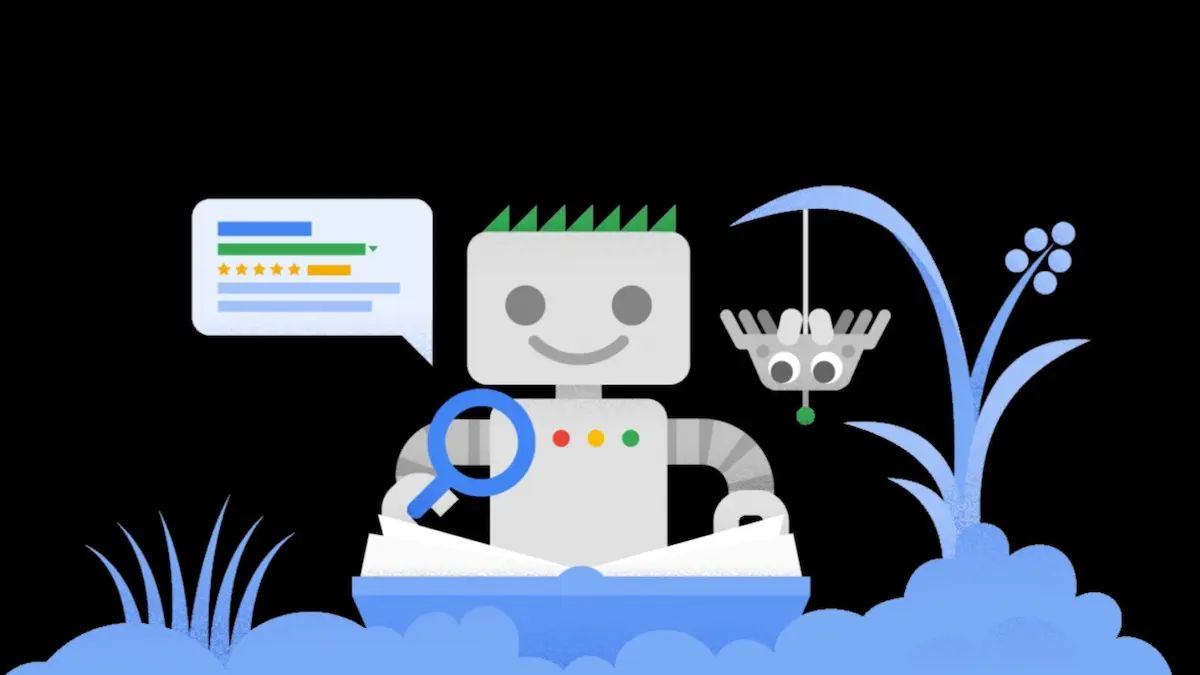Google says goodbye to the “Cached Web Pages” feature

Google cached web pages removed
In a recent post on Twitter, Danny Sullivan, head of search at Google, confirmed an important change that might have gone unnoticed by many users: the removal of the long-standing “cached web pages” feature in results Google search. Over the past few months, users may have observed a gradual decline in the appearance of the “cached” link, and it appears that this is not a coincidence, but a deliberate decision by Google.
For years, the “cached” button has accompanied search results, offering users a preview of slightly older versions of web pages as captured and indexed by Google. This feature has proven useful for a variety of purposes, from tracking recent changes on a site to accessing information when a website has experienced an outage. Initially placed under an overflow menu adjacent to the search results, it later found its way under the “About this result” overlay.
However, as Sullivan confirmed, the era of the “cached web page” link is officially over. Despite its historical usefulness, Google has decided to remove this feature from search results. The reasons behind this decision were not explicitly stated in Sullivan’s statement, leaving users to speculate on the motivations behind this change.
For those who have become accustomed to relying on the “cached” link, there is a temporary fallback: using the “cache:” operator.[insert URL]” in Google search still allows access to these pages. But be careful, this feature is also on the chopping block and will soon join the ranks of removed features.
In an interesting twist, Sullivan shared a personal opinion on the future of access to historical versions of web pages. He theorized the possibility of a move toward links to web page captures from The Internet Archive. Although Sullivan clarified that this concept is not currently in development, the idea sparks curiosity about a potential, even more useful replacement for the traditional “cached” link.
The gradual disappearance of links to cached web pages suggests a broader shift in how users interact with search results. As technology advances, the tools provided by search engines adapt and, in this case, Google seems to be heading towards new horizons. Whether users will embrace this change or yearn for the familiar “cached” link remains to be seen, but it undeniably marks the end of an era in the ever-changing landscape of online search.
Don’t miss the latest story – Follow us on WhatsApp Channel, Google News, YoutubeAnd Twitter for the fastest updates!
Source





